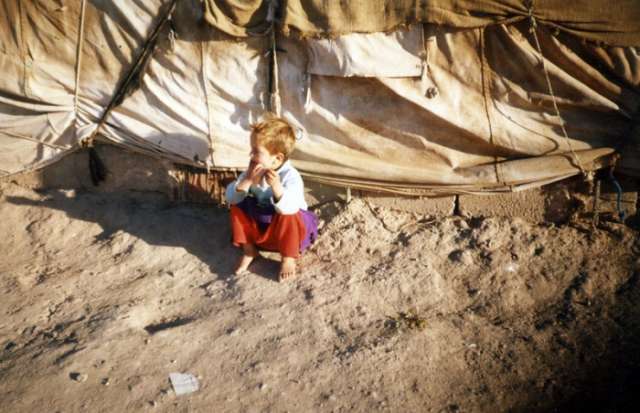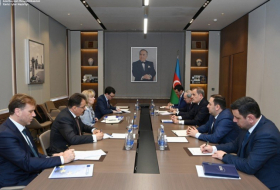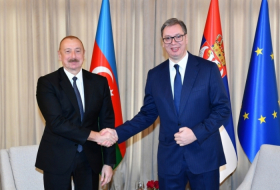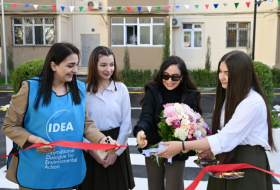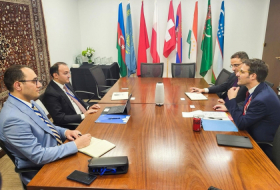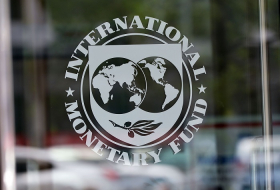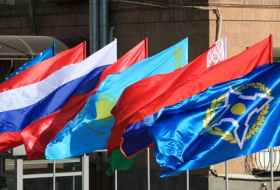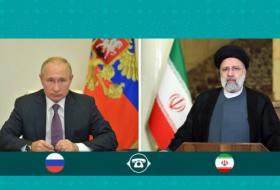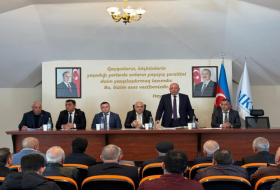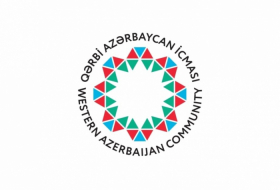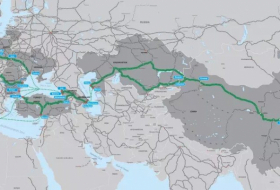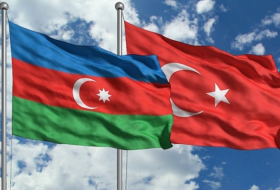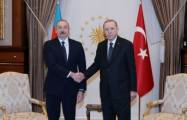
At the same time, in 1990 about 50 thousand Ahiska (Meskhetian) Turks who were displaced from Central Asia were also provided with refuge in Azerbaijan.
As of 1988, 20 percent of Azerbaijan’s territory – Nagorno Karabakh, as well as 7 adjacent regions (Agdam, Jabrail, Fuzuli, Kalbajar, Gubadli, Lachin, and Zangilan) – has been occupied as a result of the armed aggression by the Armenian armed forces. About 700 thousand Azerbaijanis who used to live in these regions and as well as in settlements along the border with Armenia were forcefully displaced from their permanent settlements. Currently, these people have been provided with temporary shelters in more than 1600 settlements in 62 cities and regions within the country.
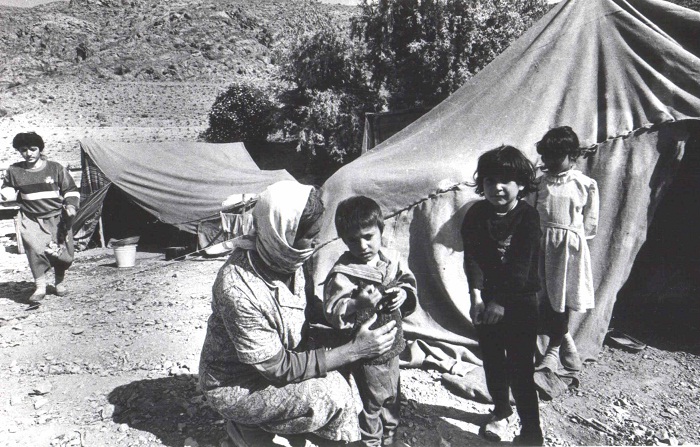
During early years of displacement, large majority of the internally displaced persons lived in extreme conditions in 12 tent camps, 16 “Finnish” style settlements constructed with prefabricated apartments, farms, dugouts and in shelters by highways, cargo carriages on railways, public buildings, dormitories, education facilities and kindergartens, sanatoriums, boarding houses, recreational and tourism facilities, half-finished construction sites, with their relatives and other facilities that lacked basic conditions and sanitary requirements for living.
It has to be noted that the UN General Assembly adopted the resolution A/RES/48/114 on “Providing Emergency International Assistance to the refugees and IDPs in Azerbaijan” at its 85th plenary session in 1993 as a sign of its deep concern over the number of refugees and IDP and deterioration of humanitarian situation in Azerbaijan.
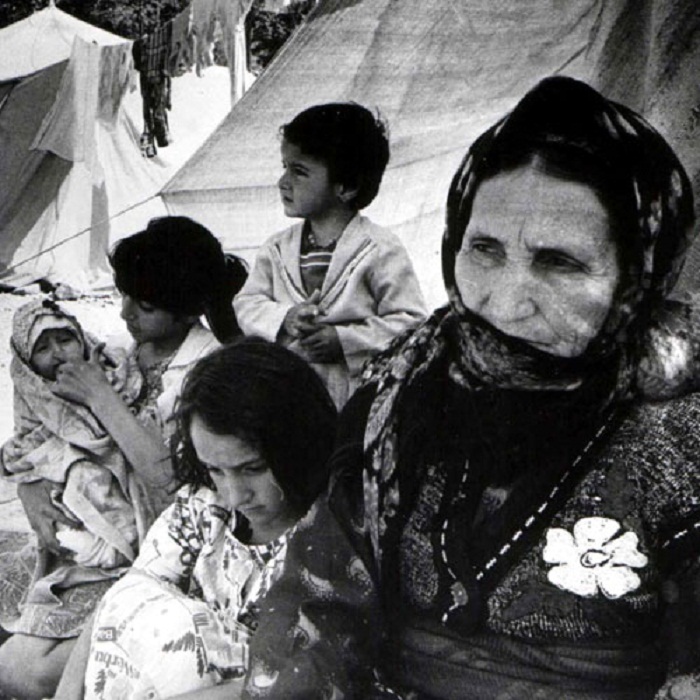
Furthermore, the resolutions 822, 853, 874 and 884 adopted by the UN Security Council in 1993 clearly indicate the necessity of immediate peaceful resolution of the conflict, withdrawal of Armenian forces from the occupied territories and return of refugees and IDPs to their homes.
The Azerbaijani state has assumed all challenges and problems faced by the displaced population after the aggression of Armenian armed forces on Azerbaijan’s territory.
In order to ensure efficiency and to centralize the government’s initiatives on resolving social problems faced by the refugees, internally displaced persons and asylum seekers in the country, the position of the Deputy Prime Minister, Chairperson of the State Committee on Affairs of Refugees and Internally Displaced Persons was established within the structure of Cabinet of Ministers in November 1998.
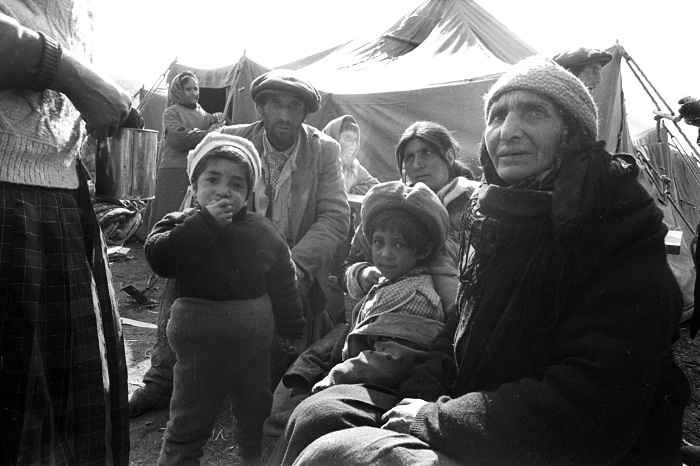
During the past period, a comprehensive legislative framework has been established in accordance with the international norms on resolution of social problems faced by refugees, internally displaced persons and asylum seekers; 55 Decrees and Orders were adopted by the President of the country; 248 Decisions and Orders adopted by the Cabinet of Ministers; and 23 laws were adopted by the Parliament.
Further, in 1998 the law “on Citizenship of the Republic of Azerbaijan” was adopted. In 1999 the law “on Status of Refugees and internally displaced (persons displaced within the territory of the country) persons” and the law “on Social Protection of internally displaced persons and persons equated to them” were adopted.
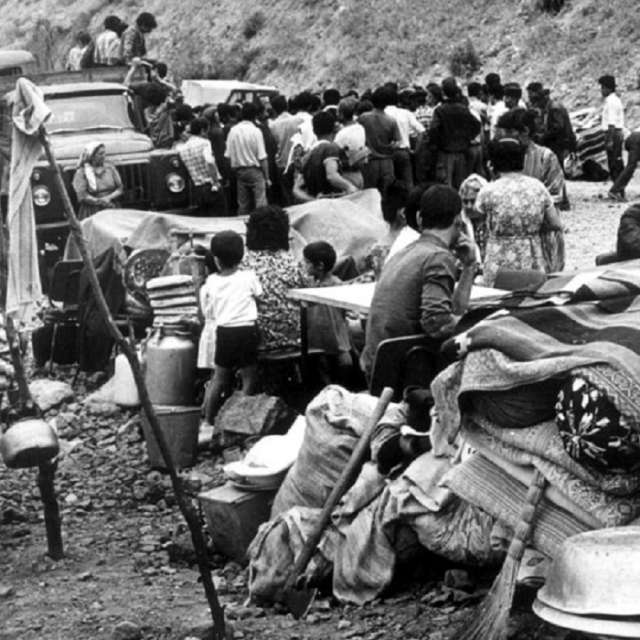
The following initiatives have been taken by the President of the Republic of Azerbaijan for improvement of social problems faced by the refugees and the internally displaced persons:
· The “State Program on resolution of problems faced by the refugees and internally displaced persons” through the Presidential Decree N 895, dated 17 September 1998;
· The “State Program on improving living conditions and employment situation of refugees and internally displaced persons” through the Presidential Decree N 298, dated 1 July 2004; and
· Amendments to the “State Program on improving living conditions and employment situation of refugees and internally displaced persons” through the Presidential Decree number 2475, made on 31 October, 2007.
During the past years, these State Programs have been successfully implemented and the planned activities in this field continued.
In 2007 the Government of Azerbaijan succeeded to eliminate the last IDP camp in the country (12 camps in total) at the expense of resources of the State Oil Fund. Furthermore, as a result of the taken social measures poverty level among IDPs decreased from 74 percent to 18 percent during last years.
All abovementioned positive developments were not easily achieved and the problems of IDPs were not totally solved. 400 000 IDPs still live in difficult conditions in old houses unsuitable for living. Due to the large scale of the IDP problem in the country the Government of Azerbaijan is still in need of assistance of international organizations and donors. Azerbaijan holds one of the first places in the world for per capita IDP rate. 1 million refugees and IDPs is a huge burden for the Azerbaijan’s economy. Durable solution for the problems of IDPs in Azerbaijan can only be achieved through the withdrawal of Armenian forces from the occupied territories of Azerbaijan and return of refugees and IDPs to their homes. The absence of agreement in the final status of Nagorno Karabakh, which is considered as disputed territory by Armenians and groundless claims of this country against the territorial integrity of Azerbaijan can not serve as a ground for violation of fundamental rights of these people. All IDPs should return to their native lands without delay. IDPs should return to their homes not only in surrounding occupied territories, but also in the Nagorno Karabakh region. The peaceful and safe return of the Azerbaijani community of Nagorno Karabakh to the region and restoration of cooperation between the Azeri and Armenian communities of the Nagorno Karabakh are the main guarantee for the future resolution of the status of the region. Otherwise, it will never be possible to determine the status of the region as a result of current mono-ethnic situation in Nagorno Karabakh.
The Government of Azerbaijan cooperates with a number of international organizations, particularly with the Office of UN High Commissioner for Refugees in order to resolve the problems of refugees and IDPs. UNHCR has operated in Azerbaijan since 1992. The Office has funded and coordinated the activities of international and local humanitarian organizations dealing with asylum, water-sanitary, profit-making, cattle-breeding, and health problems of IDPs and refugees. Mr.Antonio Guterres, the High Commissar of UNHCR, visited to Azerbaijan in 2011 as a sign of renewed attention of the UNHCR to the protracted IDP situation in the country.
Azerbaijan has been elected as a member to the Executive Committee of UNHCR during the session of the UN Economic and Social Council in New-York in April – May 2012. Azerbaijan will participate as a member of the Executive Committee in its 63rd session in Geneva on 1-5 October 2012.
It has to be noted that Azerbaijan is a party to the UN Convention relating to the Status of Refugees (1951) and Convention on Reduction of Statelessness (1961). The high-level delegation from Azerbaijan participated at the ministerial meeting held on 7-8 December 2011 in Geneva dedicated to the 50th anniversary of UN Convention on Reduction of Statelessness (1961) and 60th anniversary of UN Convention relating to the Status of Refugees (1951). During the event Azerbaijan undertook voluntary obligations relating to the protection of refuges and IDPs, including campaign for preparation of international document on protection of rights of IDPs and amendment and revision of the legislation in order to improve the procedures on granting refugee status.
The ministerial conference on the “Refugees in the Muslim World” of the organization Islamic Cooperation was organized in Ashkhabad, Turkmenistan on 11-12 May 2012. Azerbaijan was represented at the conference by the high-level delegation, including the representative of the Ministry of Foreign Affairs. The final document of the conference reflected the concern of the OIC members over the plight of 1 million refugees and IDPs emerged as a result of Armenian aggression against Azerbaijan and once again confirmed their right to return to their homes.
More about: #World-Refugee-Day #Armenia #Azerbaijan








